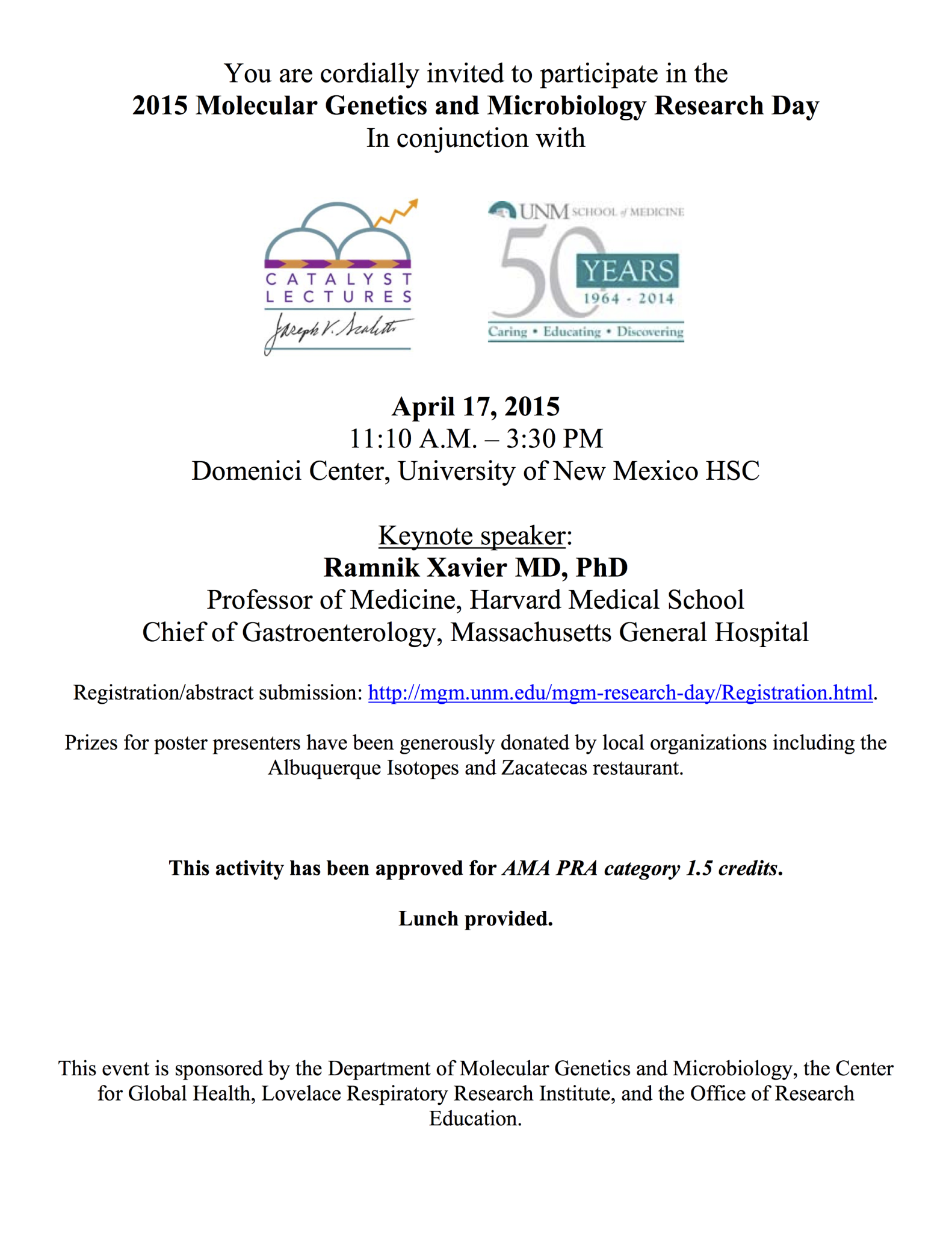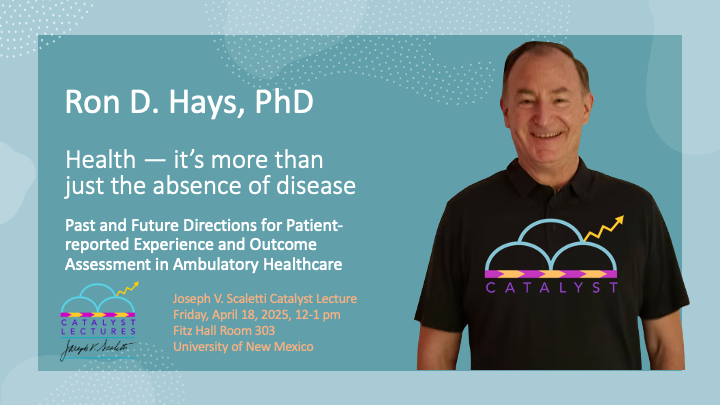 Ron D. Hays, Ph.D., Distinguished Professor of Medicine at the University of California, Los Angeles, and Adjunct Researcher at RAND Corporation, has been selected to present the 2025 Scaletti Catalyst Lecturer on 18 April 2025 at the University of New Mexico Health Sciences Center.
Ron D. Hays, Ph.D., Distinguished Professor of Medicine at the University of California, Los Angeles, and Adjunct Researcher at RAND Corporation, has been selected to present the 2025 Scaletti Catalyst Lecturer on 18 April 2025 at the University of New Mexico Health Sciences Center.
One of the most influential and highly cited scientists in his field, Dr Ron Hays has dedicated his career to improving the quality of life for patients undergoing clinical care. He co-developed the Consumer Assessment of Healthcare Providers and Systems (CAHPS®) patient experience and the Patient-Reported Outcomes Measurement Information System (PROMIS®) health-related quality of life measures to help researchers and clinicians monitor health care and health-related quality of life (HRQoL).
Interested users can access the CAHPS measures at AHRQ and the PROMIS measures at Health Measures. CAHPS is supported by the Agency for Healthcare Research and Quality, and PROMIS measures were developed with funding by the National Institutes of Health (NIH). Northwestern University’s Feinberg School of Medicine now supports PROMIS under a cost-recovery business model with no profit motivation.
What: “Past and Future Directions for Patient-reported Experience and Patient-reported Outcome Assessment in Ambulatory Healthcare”
Where: Fitz Hall, Room 303, from 12:00 PM to 1:00 PM.
When: Apr 18, 2025, 12:00 PM Mountain Time (US and Canada)
For more information or to request a Zoom link, please contact the Center for Advancing Dissemination and Implementation Science.
 The Joseph V Scaletti Memorial Catalyst Lectures
The Joseph V Scaletti Memorial Catalyst Lectures
Inspirational ideas in biomedical research, health education & delivery
Each year, the Joseph V. Scaletti Memorial Catalyst Lecture features an individual, institution, or idea responsible for accelerating the rate of positive change and forward progress in the areas of biomedical research, healthcare education, innovative healthcare delivery, and state-of-the-art patient care.
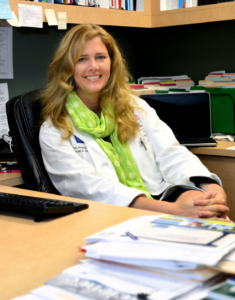 In 2014,
In 2014, 
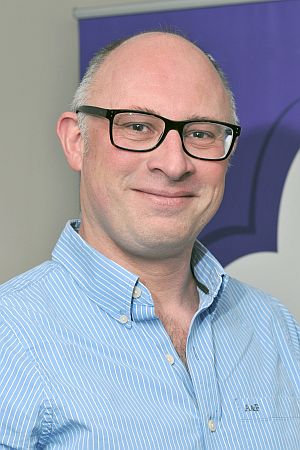

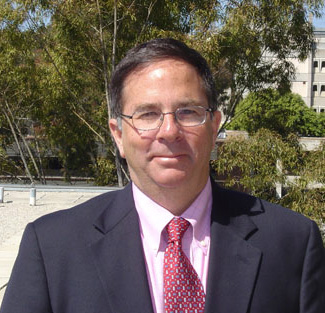

 Many of us associate “nitrates†with the preservatives in bacon that can give you stomach cancer. But did you know that bacteria in your mouth can transform nitrites into nitrates which can then turn into nitric oxide (NO)? And that NO is a natural signaling path contributing to essential physiological functions like regulating blood pressure? Join us on April 15, 2016 as
Many of us associate “nitrates†with the preservatives in bacon that can give you stomach cancer. But did you know that bacteria in your mouth can transform nitrites into nitrates which can then turn into nitric oxide (NO)? And that NO is a natural signaling path contributing to essential physiological functions like regulating blood pressure? Join us on April 15, 2016 as  Many of us grew up with the metaphor of ‘germs’ as the enemy and ‘microbe hunters’ as the warriors in an ongoing battle against disease-causing microorganisms. But in the era of the human microbiome, we’ve begun to recognize that the distinctive colonies of microorganisms co-inhabiting our bodies are essential for the maintenance of life and health and that many of those ‘germs’ are on our side. In fact, the metaphor has shifted from “us against them” to “we’re all in this together”; in the words of biology-watcher Lewis Thomas, each of us “could be taken for a very large, motile colony of respiring bacteria, operating a complex system of nuclei, microtubules, and neurons for the pleasure and sustenance of their families”.
Many of us grew up with the metaphor of ‘germs’ as the enemy and ‘microbe hunters’ as the warriors in an ongoing battle against disease-causing microorganisms. But in the era of the human microbiome, we’ve begun to recognize that the distinctive colonies of microorganisms co-inhabiting our bodies are essential for the maintenance of life and health and that many of those ‘germs’ are on our side. In fact, the metaphor has shifted from “us against them” to “we’re all in this together”; in the words of biology-watcher Lewis Thomas, each of us “could be taken for a very large, motile colony of respiring bacteria, operating a complex system of nuclei, microtubules, and neurons for the pleasure and sustenance of their families”.